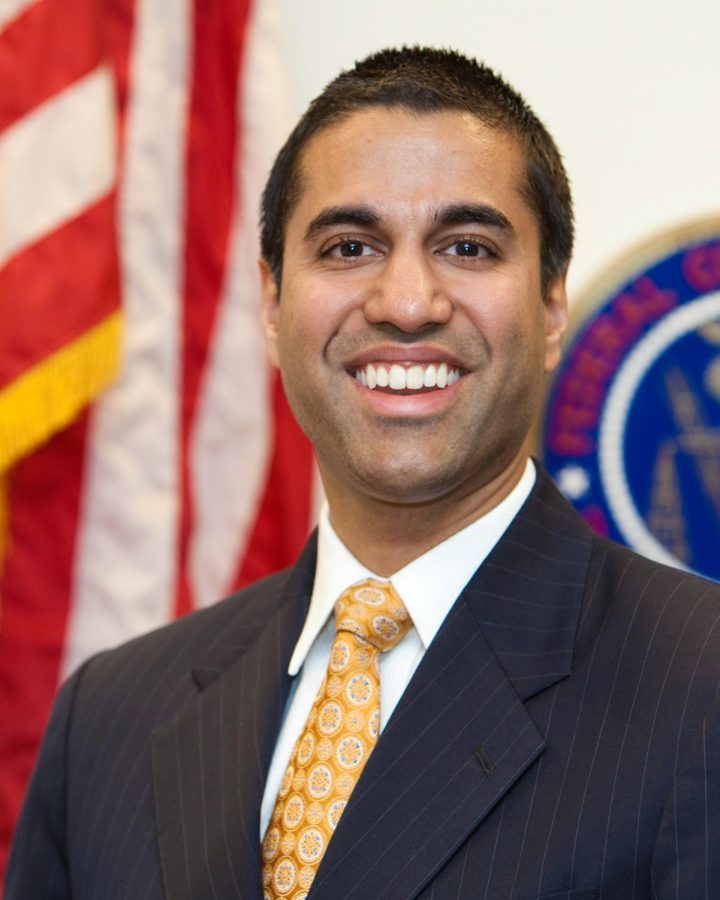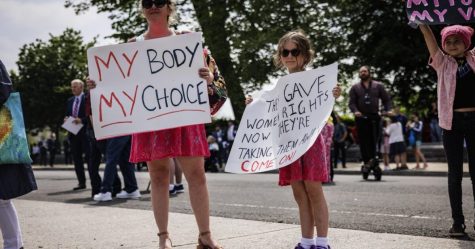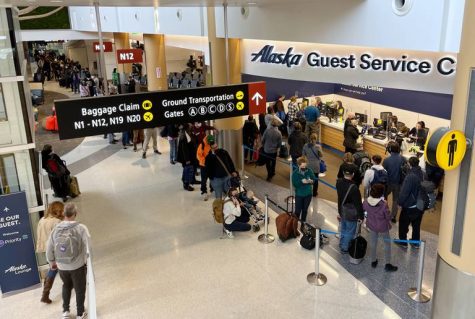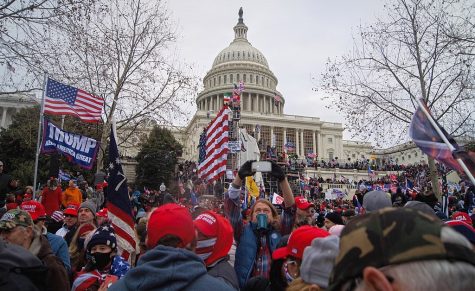FCC Repeals Net Neutrality
January 4, 2018
This past Thursday, December 14th, the Federal Communications Commision voted 3-2 to repeal Net Neutrality rules set by the Obama administration back in 2015 in hopes to “increase” competition.
The F.C.C. announced that their goal is to increase business and provide access to those in low-income areas, when in reality their very prevalent ulterior motive is to gain more money for the big corporations that fund them.
Net Neutrality was an Obama-era regulation that prohibited broadband services from blocking lawful content on websites, slowing the transmission of legal data available on the internet, and charging for fast-lane internet premiums and only providing slow-lane premiums for those who couldn’t afford it.
As a citizen, I don’t see anything wrong with these regulations in that they really only provide equal coverage to citizens of the United States, but F.C.C.’s chairman Ajit Pai thinks differently about popular sovereignty and working for the common good.
Although as a society, we won’t see the implementations of the F.C.C’s decision immediately, it will greatly impact our lives. Creators, illustrators, comedians, photographers, artists, and many others will lose their platform through this decision of repeal. Information will be harder to access for those who can’t afford it, and major companies will be able to act as “gatekeepers”, only showing individuals what they choose to share.
Not only does this negatively affect anyone who uses the internet on a regular basis, but it also potentially doesn’t allow for the freedom of speech. With the rise of independent news outlets and blogs has come a greater sense of public opinion in politics and policy-making, withholding information would take away our freedom as a people to have access to freedom of the press and communicate with members of the government.
Not only does this decision only help big corporations make more money, but it also had an 83 percent disapproval rating. If it was that high, can we really trust government bureaucracies to act in the best interest of the American people?
It is not over yet. The decision still has to be decided on by Congress, so email your representatives and let them know how this decision could affect you and those in your surrounding community.
















